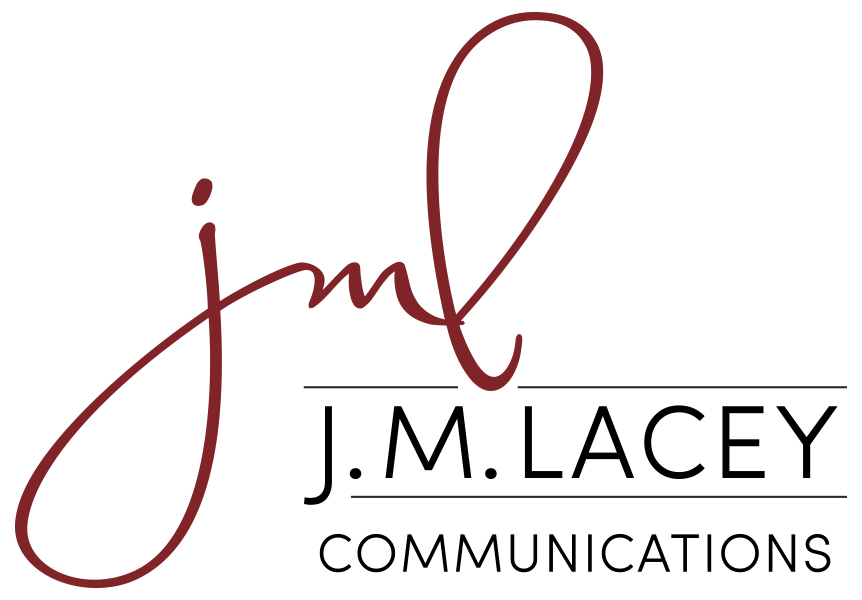Everyone and everything has a story, whether real or imagined. When it comes to your organization, you have more stories within your business and programs than you realize. Sometimes it takes some standing back to see it, other times, it takes someone on the outside to see what you cannot.
Each organization is unique, even if it does something another business provides. The key is ascertaining what it is about you—about your organization—that is different from another.
I am a writer, but so are thousands of others. What makes me different and stand out are a variety of things: skills, interests, personality, professionalism, interviewing ability, storytelling, management, editorial, and a host of other things. But homing in on the particular uniqueness is what’s important to help me shine above others.
For example, when I have conversations, most people warm up to me. They trust me and tell me things they probably don’t tell others they just met. This trust translates well into my interviews when I need people to be open and honest. People relax and forget they are being interviewed. In those calm moments I discover their story and from there I can make it sing.
Your unique story
With your organization, your people are unique. The reason for starting your business is unique. Your passion is unique. All of this means your story is unique.
People are drawn to stories. Your stories can be adapted to various mediums, such as newsletters. But it’s your stories that will make people sit up and pay attention, whether it’s to fund your programs, buy your products or services, or promote you with positive praise.
How personal should your stories be?
That depends on your organization. Some get quite personal and invasive and that might work to pull at someone’s heart and ultimately, purse strings. But you don’t want to be so personal that you scare people, make them squirm, feel guilty or plain icky.
Other stories about why you started your organization and why you’re passionate about it might resonate with people who share similar experiences. You’ve created a connection. The “why” is important because people connect with people, not buildings.
The point of your storytelling is to connect with people who will support you. Who understand why you do what you do. And how they can be a part of it because they believe in your passion. You want to create a bond with people.
Once you have your stories and uniqueness, you’ll want to tell them again and again in various formats and mediums. You do this so people won’t forget. But also so that once they fall in love with you, they maintain that love.
“Every great love starts with a great story…” – Nicholas Sparks, author, “The Notebook.”
Think about your unique story. Write down why you do what you do, why you are passionate about your organization or service. This story can be used on your About page on your website, in your bio, and in your grant applications, among others. Your story helps separate you from your competition.


Recent Comments